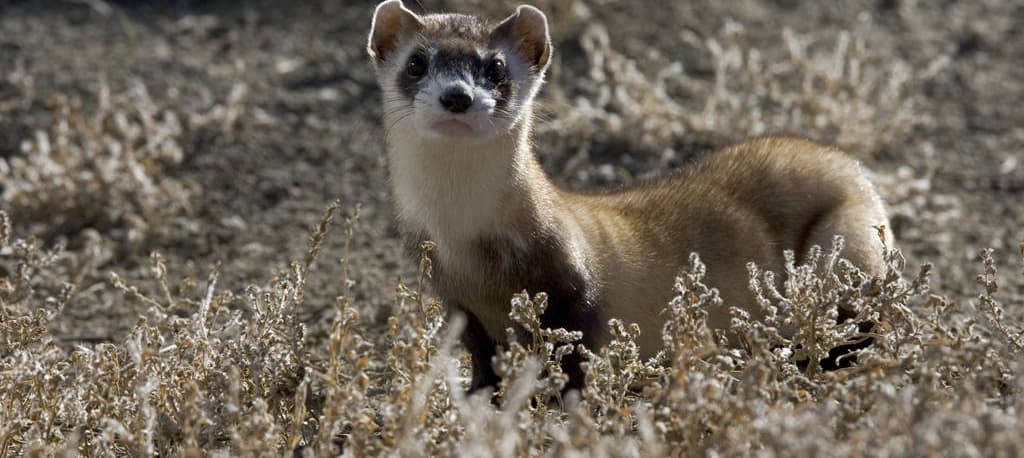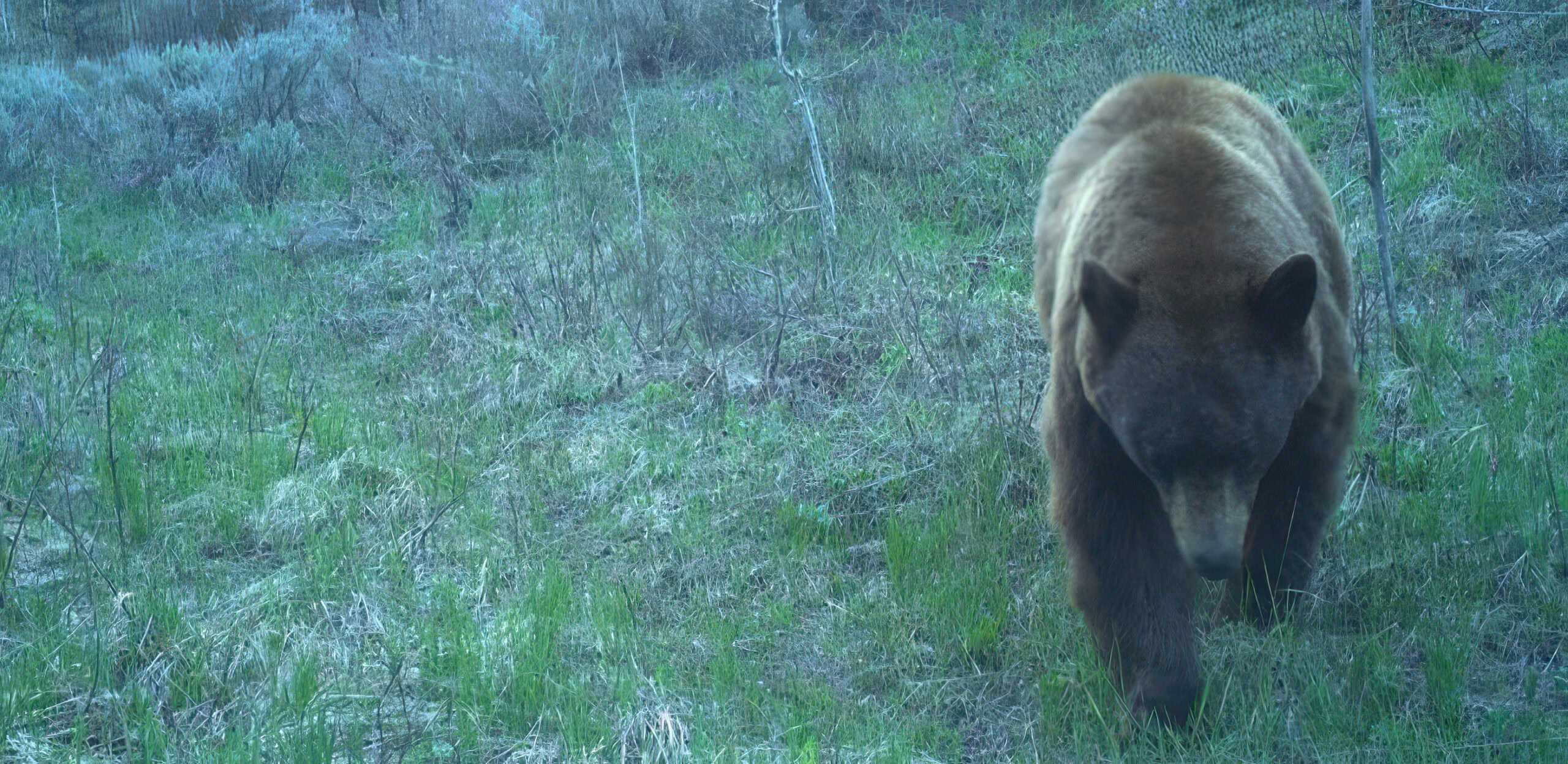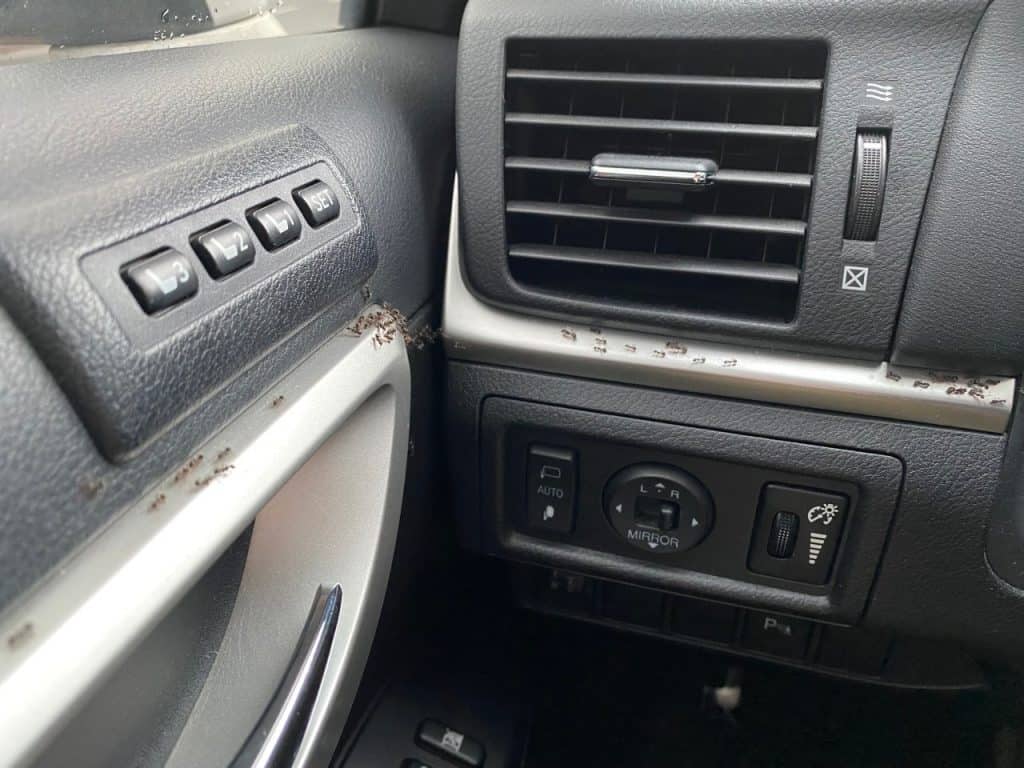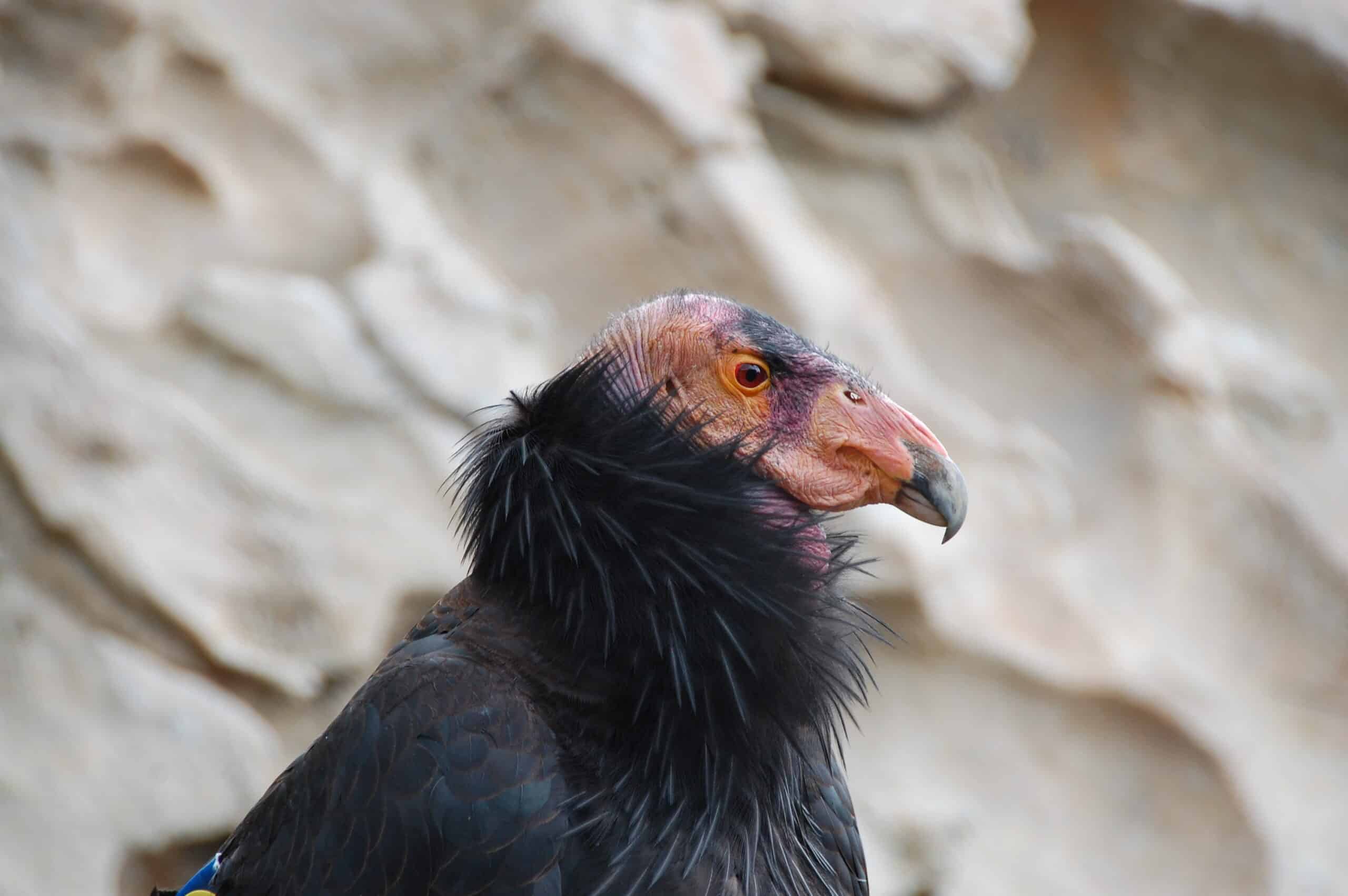Share this article
Endangered ferrets receive experimental coronavirus vaccine
Months before a COVID-19 vaccine was approved for people, about 120 black-footed ferrets at a Colorado facility received an experimental vaccine in an effort to protect the endangered mammal from the virus.
In late summer, captive ferrets (Mustela nigripes) at the National Black-footed Ferret Conservation Center outside Fort Collins received the vaccine. Ferrets are genetically similar to minks (Neovison vison), which have proved highly susceptible to the virus that causes COVID-19.
“We don’t have direct evidence that black-footed ferrets are susceptible to COVID-19, but given their close relationship to minks, we wouldn’t want to find out,” Tonie Rocke, a research scientist at the National Wildlife Health Center who is testing the ferret vaccine, told the Associated Press.
The SARS-CoV-2 virus has spread through facilities where minks are farmed, and a wild mink in Utah became the first known case of it reaching an animal in the wild.
The Oregon Department of Agriculture reported that a mink believed to have escaped from a mink farm tested positive for the virus after being captured Dec. 13 in a wildlife surveillance effort around the farm.
“There is no evidence that SARS-CoV-2 is circulating or has been established in the wild,” state veterinarian Ryan Scholz told the AP.
Header Image: A black-footed ferret appears at the National Black-footed Ferret Conservation Center outside Fort Collins. Credit: Ryan Haggerty/USFWS








